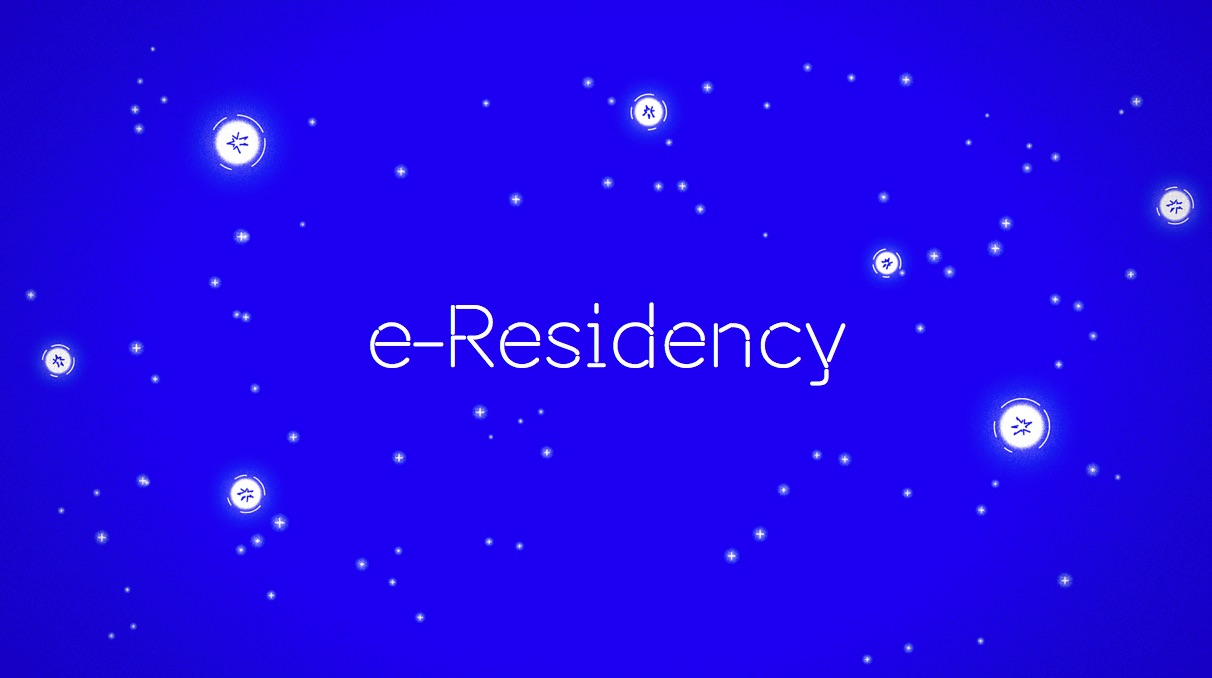UK entrepreneurs: how nearshoring with e-Residency can work for you
Tips and tricks on how to set up a nearshoring EU company only a few hours flight from London
What is ‘Nearshoring’?
Why Nearshoring?
Things to consider when Nearshoring
When setting up a nearshoring company there are a few things to consider:
2. What are the Transfer Pricing models used by the host country?
Nearshoring in Estonia
Estonia ticks a number of the boxes for nearshoring for British entrepreneurs:
Nearshoring with e-Residency
More from e-Residency
- Sign up for our newsletter
- Watch fresh video content - subscribe to our Youtube channel
- Meet our team and e-residents - register for our next Live Q&A



